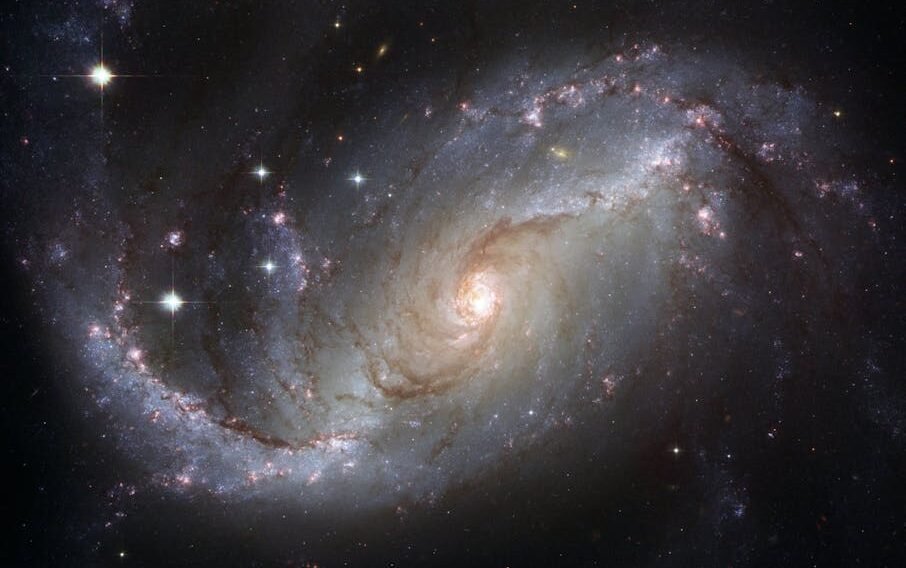Evidence for God in Nature: Order, Complexity, and the Appeal to Reason
When the natural world is examined with attentive eyes and honest reasoning, it yields credible testimony toward the existence of an intelligent Creator. The argument from design does not aim to replace Scripture but to show that the alignment of scientific observation with rational inference provides a reasonable warrant for belief. Order, fine-tuning, informational complexity, and the presence of objective moral intuition all point toward a personal source who grounds both physical regularities and moral norms.
The cosmos’s intelligibility is the first cue. Natural laws, mathematical regularities, and the fact that the universe is comprehensible to rational beings suggest that mind—not blind chance—is a plausible source of such order. Science presupposes intelligibility; the God-hypothesis explains why the universe is amenable to rational investigation in the first place.
Fine-tuning in cosmology intensifies the argument. Many constants and initial conditions lie within narrow ranges that permit complex structures and life. While multiverse hypotheses attempt to undercut the inference, they themselves introduce speculative layers that require justification. Simpler and more coherent is the inference to a purposive calibration—an intelligent agent competent to set the conditions for a life-permitting cosmos.
At the biological scale, the presence of coded information in DNA, the interdependence of cellular machinery, and the emergence of irreducibly complex systems pose formidable challenges for purely undirected explanations. The best current explanations often resemble reverse-engineering: when we encounter specified information and functional integration in human artifacts, we infer a designing intelligence. Nothing in principle prevents analogous inferences at the biological level.
Beyond mechanics and matter, beauty and moral consciousness incline the mind toward a creator who is not merely efficient but good. Human beings experience and recognize moral obligations and an aesthetic sense that often transcends survival calculus. The existence of objective moral values and duties coheres with the claim that a moral Creator grounds normative reality; this is not an argument that forces assent but one that gives reasoned plausibility to theism.
Skeptics rightly press hard questions—natural evil, suffering, and the scope of scientific explanation. These are serious and must be addressed. The presence of suffering does not, however, dissipate other lines of evidence; rather, it demands a fuller account in which purpose, freedom, and the possibility of moral growth are considered. The God-hypothesis can accommodate these realities in ways that strictly naturalistic accounts struggle to do without ad hoc moves.
Ultimately, the evidence in nature functions as prolegomena—an invitation to seek a fuller revelation where nature’s hints are superseded by God’s self-disclosure in history and Scripture. Reason and observation therefore do not compel faith but richly support the judgment that belief in a Creator is intellectually defensible and existentially plausible.




